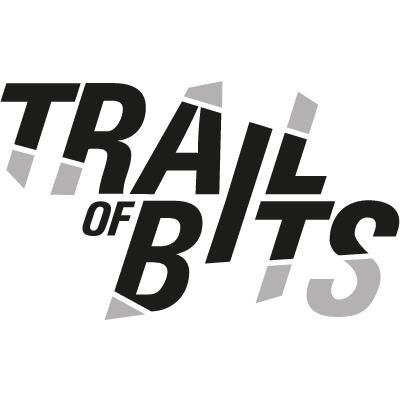Risky Business Podcast
July 20, 2022
Risky Business #672 -- "Expected behaviour" is in the eye of the beholder
Presented by

CEO and Publisher

Technology Editor
On this week’s show Patrick Gray and Adam Boileau discuss the week’s security news, including:
- A look at the DHS Cyber Safety Review Board’s Log4j report
- Joshua Schulte no longer the “alleged” Vault7 leaker
- Chinese APT crews targeted US political journalists before Jan 6
- Ransomware gangs make leak sites searchable
- Why recovering plaintext passwords from Okta is expected behaviour
- US Government seizes North Korean ransomware payment
- Much, much more
This week’s show is brought to you by Trail of Bits. Dan Guido is this week’s sponsor guest and he’ll tell us about work Trail of Bits did for DARPA on investigating blockchain security fundamentals.


Brought to you by Trail of Bits
We don't just fix bugs, we fix software








